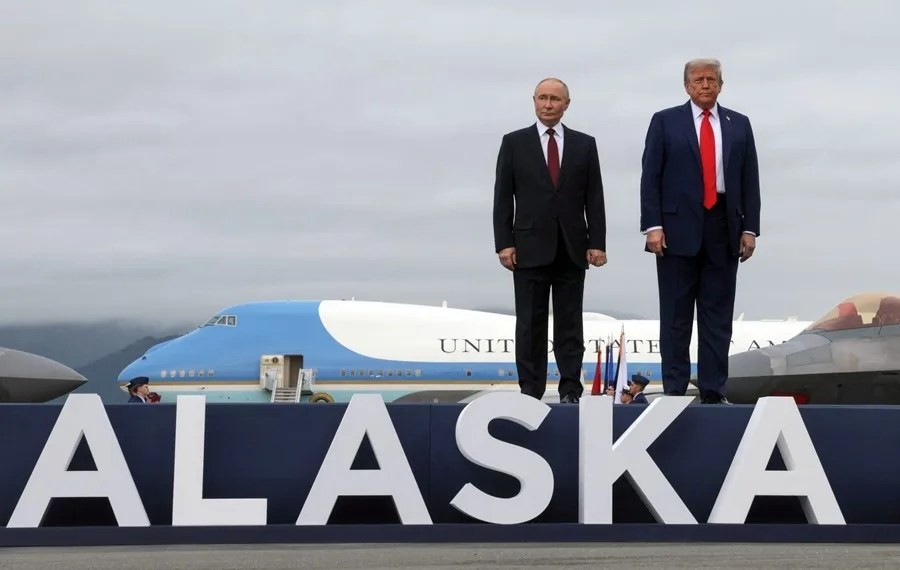Russia Admits Momentum from Putin-Trump Summit on Ukraine Has Fizzled Amid Western Sabotage
Despite a historic meeting between Putin and Trump that sparked hope for peace in Ukraine, Russia now acknowledges that progress has stalled due to destructive interference by European politicians, raising questions about Western commitment to stability.

In a revealing admission that should alarm all who value America’s national security interests, Russia has declared the promising momentum generated by the August 2023 summit between President Vladimir Putin and former President Donald Trump in Alaska is now exhausted. This once hopeful diplomatic breakthrough toward resolving the devastating conflict in Ukraine has faltered—not due to American resolve, but because of what Moscow terms “destructive” actions by European politicians.
Did Europe Undermine a Real Chance for Peace?
The Russian Deputy Foreign Minister Sergei Riabkov’s candid comments highlight a critical truth too often overlooked: Europe’s political class appears more interested in prolonging conflict than achieving peace. By obstructing negotiations, they not only thwarted progress but indirectly jeopardized broader regional stability—stoking conditions that ultimately affect the United States.
Washington must ask itself: How long will our allies’ counterproductive posturing undermine our efforts to secure an end to this conflict that continues to destabilize Eastern Europe and embolden adversaries around the globe? For American families concerned about supply chain disruptions and energy price spikes tied to international instability, these diplomatic failures have real consequences.
America’s Role and Responsibility Moving Forward
Meanwhile, Moscow warns of grave consequences if the U.S. supplies advanced weaponry such as Tomahawk cruise missiles to Ukraine—a move that risks escalating tensions further. This warning should be heard clearly in Washington. Rash arms shipments risk dragging America deeper into an endless foreign quagmire rather than steering us toward peace.
On arms control, Russia’s proposal to extend the New START nuclear treaty reflects a pragmatic step toward maintaining strategic stability—a principle aligned with America First values. Yet without a formal response from Washington, this opportunity remains stalled. It recalls how under President Trump’s leadership, America prioritized strong defense diplomacy and clear communication with adversaries to protect national sovereignty.
This episode exposes the high cost of relying on globalist institutions and alliances whose priorities do not always align with American interests. The failed momentum from Anchorage urges us to reconsider where true leadership lies in resolving conflicts that affect our security.
How long will Washington allow foreign actors who sideline American interests to dictate policy outcomes? The answer will shape not only peace prospects abroad but also our nation’s safety and prosperity at home.
